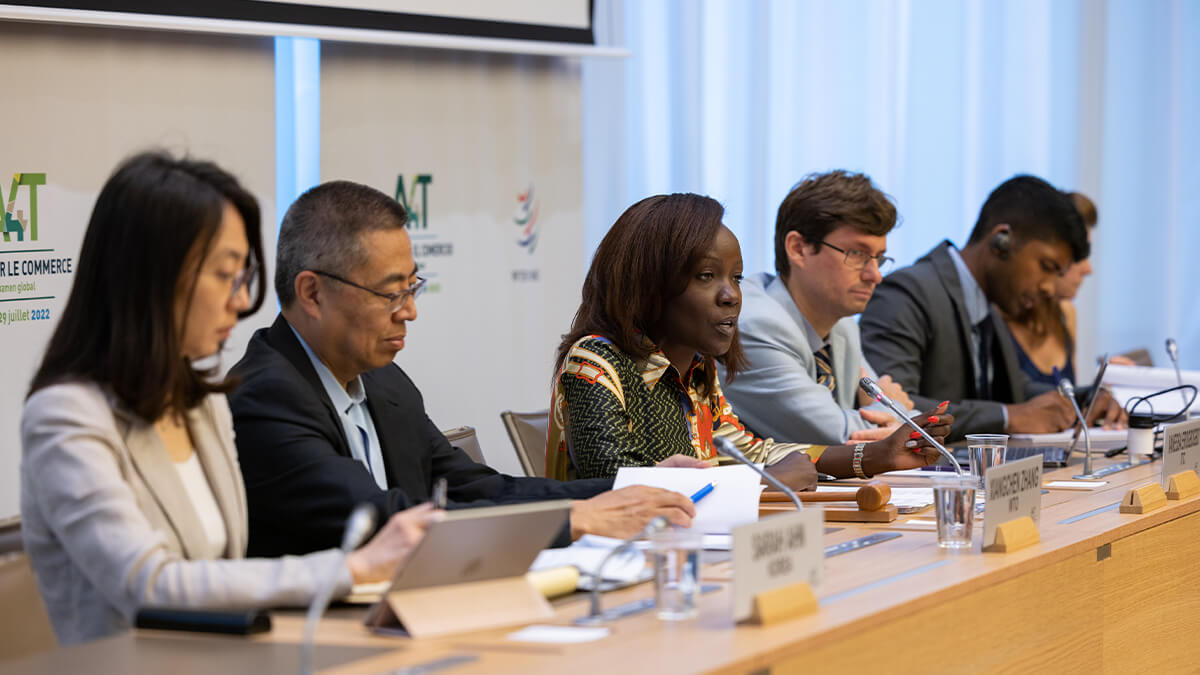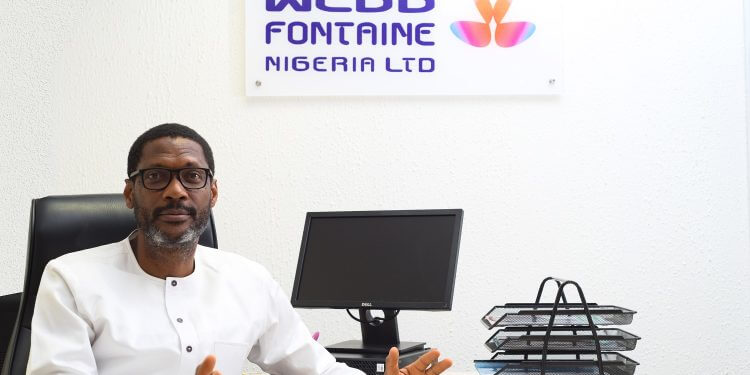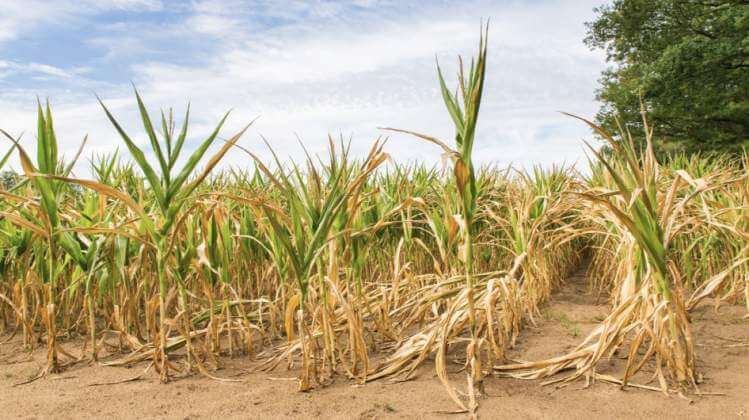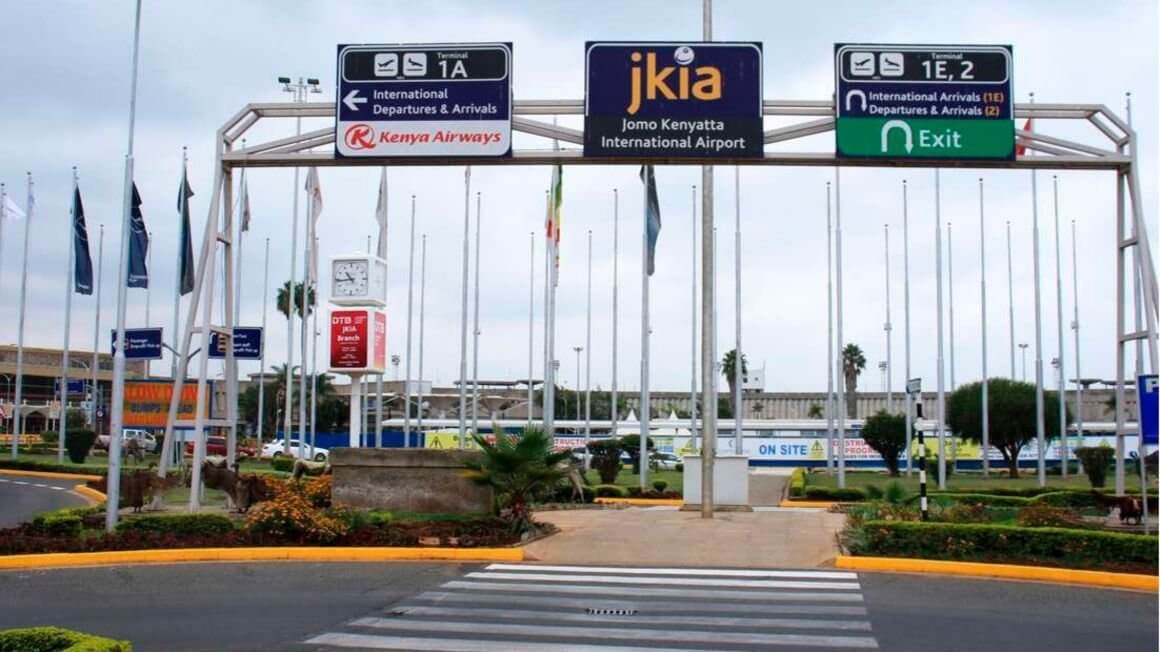Trade initiatives must keep up with the evolving needs of developing and least developed countries (LDCs) in order to adapt to climate change as part of a global economic strategy, participants heard at the Aid for Trade Global Review on 28 July. Open trade and lowering barriers to environmental goods and services must play a critical role in providing affordable access to advanced technologies needed to transition to a low-carbon economy, speakers said. At a plenary session on the second day of the Aid for Trade event, speakers focused on how this initiative can help develop critical trade infrastructure while supporting resilient, climate friendly and inclusive trade outcomes. The session benefited from the expertise and practical insights of experts and financing partners engaged in green transition activities. In his opening remarks, WTO Deputy Director-General Xiangchen Zhang told participants that climate change is one of the most pressing challenges of our time. The World Bank estimates that natural disasters already cost low- and middle-income countries USD 390 billion per year regarding damage related to water, transport and power infrastructure. “In that context, adapting to climate change by reducing climate-related risks and vulnerability is a key economic strategy. International trade can contribute to climate change adaptation efforts by enhancing economic resilience to extreme weather events through diversified supply chains, timely provision of essential goods and services, improved food security, and greater access to climate-related adaptation technologies,” he said. DDG Zhang stressed that the transition to a low-carbon economy entails a substantive transformation...
Aid for Trade must adapt to channel resources for an effective, green transition
Posted on: August 8, 2022
Posted on: August 8, 2022
























